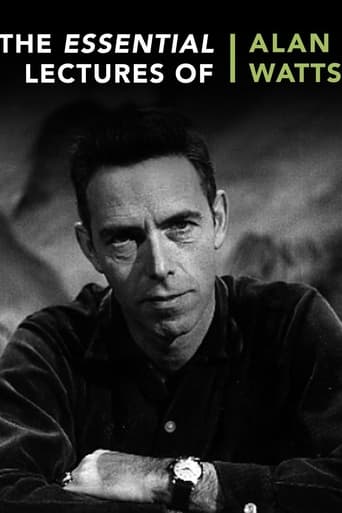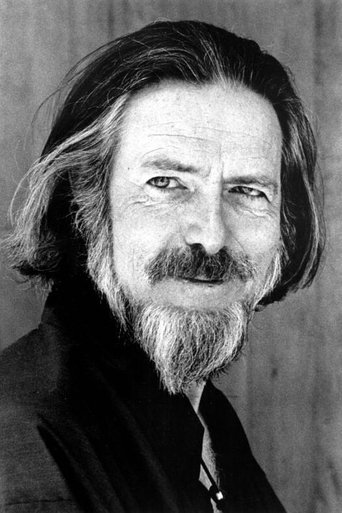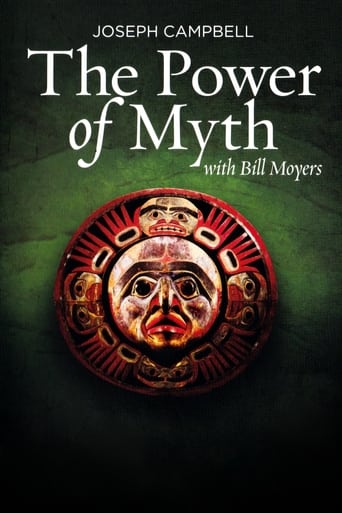
Rating:
10/10 by 1 users
Conversation with Myself
While walking in a field above Muir Woods, Alan Watts points to humankind's attempts to straighten out a wiggly world as the root of our ecological crisis.
Writing:
- Alan Watts
Release Date:
Sun, Dec 31, 1972
Country: US
Language: En
Runtime: 342
Country: US
Language: En
Runtime: 342
Alan Watts
Alan Watts
Season 1:

Basing his ideas on sensory perception and physical experience, Alan Watts makes a compelling argument that everything actually depends upon nothing for its very existence.

Alan Watts was concerned with the way we trap ourselves in words. He considered it unfortunate that we separate the "I" from reality and think of "I" in terms of how others see us or the image that we want to project. What is the answer?

As Alan Watts explains, "A person who thinks all the time has nothing to think about except thoughts and loses touch with reality." He covers basic mediation techniques, including listening without naming and mantras or sonic meditations.

To many of us the image of God as a gray-bearded omnipotent and omnipresent supreme being has become implausible, yet the common sense notions of divine authority surrounding that image persist.

Alan Watts further explores the Hindu dramatic view of the universe, in which God plays all of the parts - all the while pretending not to know who he/she/it is!

Here Alan Watts points out that our insistence that the past determines the present is nonsensical.

Alan Watts swirls an orange on a string and shoots an arrow high into the air before explaining why the art of living is being paid to play - and to the extent that we feel compelled to work and survive, life becomes a drag.

Alan Watts comments on the circle of life and our response to the surprising event of being born in the first place.

Alan Watts speaks on our fascination with reproduction through media, and on the far out notion that human beings may just be one star's way of becoming another star!

After talking about growing up near London, Alan Watts demonstrates a variety of cultural garb and points out how each influences the way we live and feel. His choices of attire include a western business suit and a kimono.

Alan Watts speaks about our most repressed sense. Here he introduces viewers to the intricacies of incense in front of a small Buddhist altar, while commenting on the types of incense used in Church rituals and all across Asia.

While walking in a field above Muir Woods, Alan Watts points to humankind's attempts to straighten out a wiggly world as the root of our ecological crisis.




















